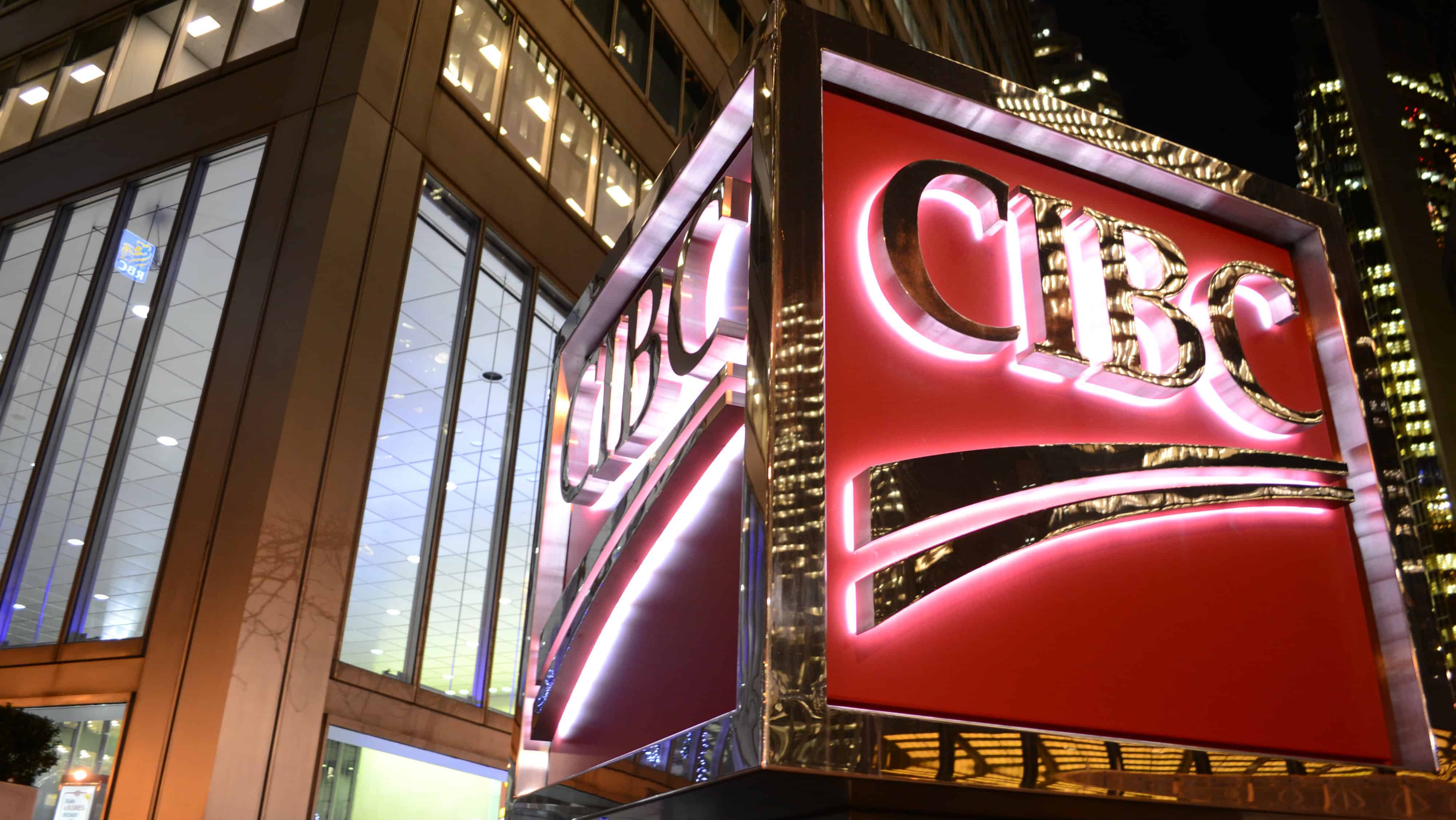Canadian Imperial Bank of Commerce (TSX:CM)(NYSE:CM) continues to look like the best Big Six bank for your buck, even more so after the release of its phenomenal Q3 results, which the street didn’t seem to appreciate as much as it should have.
To put it simply, CIBC is the Canadian bank that investors love to hate in spite of the fundamental improvements that have been going on behind the scenes over the past few years. CIBC stock has been slapped with a discount relative to its bigger brothers for a ridiculously long time now, and although management has been proactive in its efforts to become a more robust, premium bank down the road, the public still seems to think that CIBC is still the “riskiest” option of the Big Five basket.
Why is CIBC so cheap? And is it undervalued?
There’s a vast difference between a cheap stock and an undervalued one. Just because a stock is cheap doesn’t mean it’s undervalued. The more likely scenario is that you’ve got a “cigar butt” of a stock that’s cheap for a very good reason. So, it’s actually a one-way street; undervalued stocks are cheap, but cheap stocks aren’t necessarily undervalued.
When it comes to banks, CIBC is by far the cheapest based on traditional valuation metrics. But I believe it’s also undervalued because of the long-term path management has embarked to become a more premium name in Canada’s banking scene. Today though, it appears the public is skeptical over CIBC’s longer-term growth plan in spite of evidence that suggests that the move is going smoothly.
Make no mistake. CIBC is still very much a domestically-focused bank relative to its peers, even after its promising push into the U.S. market with CIBC Bank USA, which is formerly known as PrivateBank.
CIBC still has a lot of catching up to do in order to geographically diversify itself to the level of its peers. And with a larger exposure to Canada’s frothy housing market, which some believe is on the verge of collapse, there’s no question that CIBC faces the most downside should such a downturn occur.
Moreover, it’s hard to ignore the fact that it took nearly a decade for CIBC stock to hit its highs reached before the Financial Crisis. CIBC suffered billions of dollars worth of write-downs during the downturn, and there’s no question that to this date investors haven’t forgotten how ill-prepared the company was to deal with such a crisis, especially when compared to its peers that rebounded quickly.
Foolish takeaway
CIBC is by no means the best bank.
Its peers possess less-risky and more stable cash flow streams and a higher degree of international exposure. Given today’s prices and CIBC’s continuously improving trajectory, however, there’s no question that CIBC looks to be the best stock to buy given its depressed valuation relative to the broader basket of Canadian bank stocks.
As Warren Buffett once said: “Price is what you pay, value is what you’ll get.” In the case of CIBC, you’re buying a stronger bank in the future for a ridiculously low multiple today. Given the distaste of the general public for CIBC, I’d strongly encourage investors to initiate a position while they collect the bountiful 4.44% dividend yield.
CIBC may be a “riskier” name, but I think a 2008-style decade-long recovery is out of the question. CIBC’s a better bank today and will be a far better bank in five years from now as its U.S. business continues to take off.
Stay hungry. Stay Foolish.







